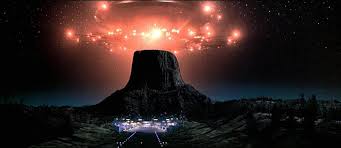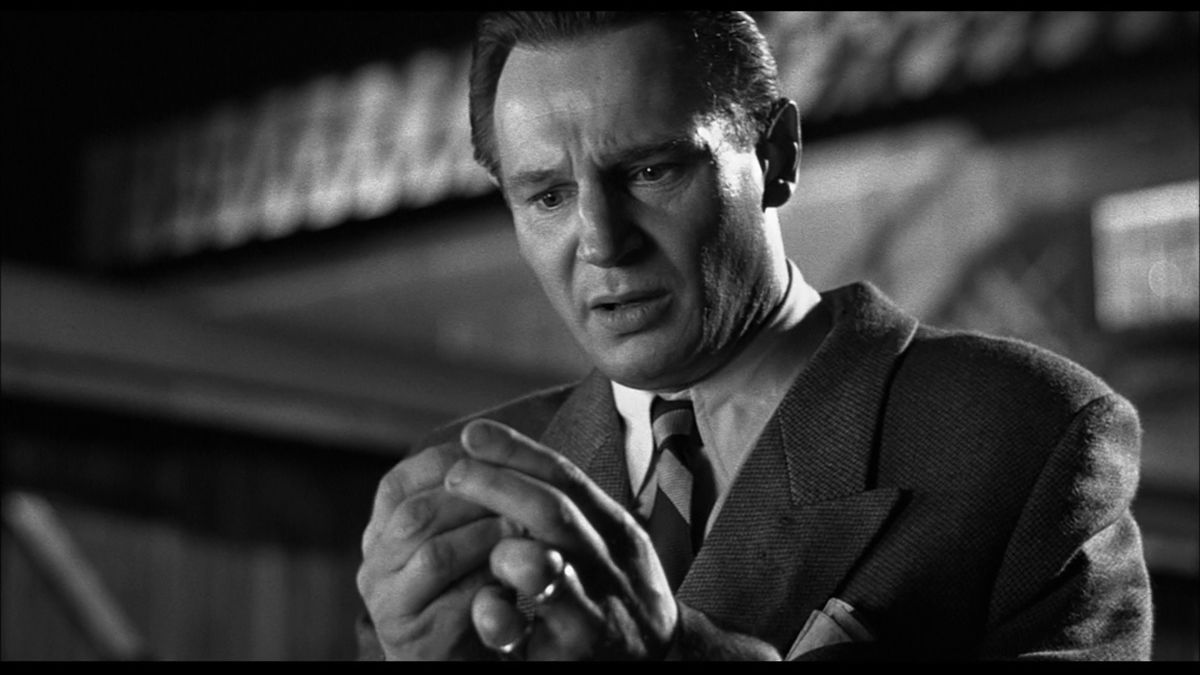As I write this piece, I’m watching The Office. This is a very common occurrence around here as I have watched the series from start to finish at least a dozen times and that estimate is probably on the conservative side. I love The Office; it is my second favorite show of all-time (Parks and Rec) and it is undefeated TV Comfort Food that I can watch in any season, any mood, any situation. Over the course of its nine seasons, there came to be any number of reasons why I loved The Office and why so many people gravitate toward it into seeming perpetuity. But when I started, when I sort-of fought through the first dozen episodes or so in hopes of ultimately being rewarded with something great, I watched because of Jim (Jimothy?) Halpert and I don’t think I’m alone in that sentiment. In the moment, Jim Halpert’s Q-Rating was off the chart. (Since the end of The Office, a segment of the population has decided Jim Halpert is the villain of the show, I’m assuming because they have no souls and have never worked in any sort of office or retail environment. Last year, one of my former students tweeted, “Happy Thanksgiving to everyone except for those who think Jim Halpert is somehow a bad guy” and honestly, I’ve never been prouder of any of my former students.)
There are a lot of reasons why Jim Halpert is so compelling in those early days (he’s outrageously handsome, charming, and charismatic but in an accessible, All-American Boy way) but a big part of it is the feeling of authenticity. You feel like John Krasinski actually is Jim Halpert and thus, your love for Halpert is transferred over to Krasinski himself. I’ve often said that you should always expect the absolute worst from any famous person/performer and never be surprised when they turn out to be terrible people. I apply this rule to everyone in Hollywood with the exception of Tom Hanks and John Krasinski. I would be devastated if Krasinski was implicated in any kind of scandal; it would feel like a real betrayal, like how could Jim Halpert, a fictional person who definitely does not exist, do this to me?! It is safe to say, then, that I root hard for John Krasinski and wish him nothing but success in all of his professional endeavors. Thus, it has been painful to watch the less-than-stellar returns on both Krasinski’s hard work and my forceful thoughts and prayers directed his way.
It's a running bit on our show to reference the “The Krasinski Curse”, based on the sheer number of career decisions Krasinski has made that look good on paper but ultimately fail in execution. Let’s take a brief look at those decisions, beginning in 2007 when he began to cash in on the currency allotted by The Office.
First, Krasinski provided supporting voice work for Shrek The Third, a movie that grossed nearly $200 million less than its predecessor and sported a Rotten Tomatoes score of 41% (as compared to the 88% of Shrek 2). Later that same summer, he teamed with both Mandy Moore at the height of her pre-This is Us power AND Robin Williams for the romantic comedy License to Wed. The end result: 7% on Rotten Tomatoes and complete failure at the box office. Krasinski would try the romantic comedy route again in 2011 with Something to Borrowed which was almost just as bad (15%) and almost just as unsuccessful with audiences.
These are normal misfires, the type of failures that happen to just about everyone in the industry. It’s still a little weird to me that we, as a society, wouldn’t accept Krasinski as the new male face of the romantic comedy but perhaps we can chalk that up to the disappearance of the genre as a whole. With this next group of films, though, you start to really see the Krasinski Curse rear its ugly head.
In 2008, he co-starred with George freakin’ Clooney, fresh off the success of Good Night and Good Luck, in Leatherheads, one of the most confusingly bad movies of the decade which, in hindsight, serves as a harbinger of things to come from Clooney. But in the moment? That’s a no-brainer for Krasinski; you absolutely take that gig 100 out of 100 times. The following year, he played the fourth lead in Nancy Meyer’s It’s Complicated, which was fine by Krasinski Curse standards but is, after all, a movie starring Meryl Streep, Steve Martin, and Alec Baldwin (all three American Treasures, by the way) that literally no one remembers or talks about, probably including Meryl Streep, Steve Martin, and Alec Baldwin. After this, Krasinski bided his time a bit, focused on The Office, then teamed up with Gus Van Sant and Matt Damon to produce, co-write, AND co-star in…Promised Land. Oof. That one still stings. Promised Land should’ve been a guaranteed win for our boy Krasinski and instead it’s a total failure on every level. From there, we move on to a small voice role in Monsters University, a fine movie that doesn’t hold a candle to the vast majority of the Pixar universe in any metric. In 2016, he finally goes over to the Dark Side, joining forces with Michael Bay to, at the very least you would assume, make a whole lot of money, the only thing Michael Bay knows how to do. Of course, this movie turned out to be 13 Hours: The Secret Soldiers of Benghazi, a TOTALLY RESPECTABLE movie by Michael Bay standards…that ultimately made less than $70 million, the worst returns of Bay’s career. Even last year, he had a small role in Detroit, Kathryn Bigelow’s follow-up to Zero Dark Thirty, which was hamstrung by a strange release date (August), and ultimately made no impression with either audiences or award academies.
I have, of course, bypassed one very significant moment in the history of The Krasinski Curse: 2015’s Aloha. This one still haunts me. Sometimes I wake up screaming in a cold sweat over the memory of just how bad Aloha is and the deep, unhealable hurt its rottenness inflicted upon me. If there is a poster child for The Krasinski Curse, for, “THIS LOOKS GREAT ON PAPER HOW DID IT FAIL?!”, it is Aloha. You could not have made a movie more specifically for me than Aloha. Written and directed by Cameron Crowe (one of my three favorite directors) and starring the likes of Bradley Cooper (yes), Emma Stone (YES), Rachel McAdams (YES!!!), and Bill Murray (*passes out*) plus Krasinski. There is no world in which that movie should be bad…except this one. In this world that we currently live in, this movie is, in fact, extremely, historically bad.
In the interest of fairness, I’m skipping over a few highs in a long run of mostly lows. He did a little voice work in the surprisingly-successful-if-forgettable Monsters Vs. Aliens, he teamed with Maya Rudolph and Sam Mendes for the touching (and overlooked) indie drama Away We Go, and he executive produced Manchester By the Sea. But I would posit, and I think you’d agree, that the peaks here don’t do nearly enough to fill the valleys.
I have no explanation for this run of bad luck and the development of The Krasinski Curse. My best guess is he made a deal with the devil and traded in all of his professional good luck in order to woo and marry Emily Blunt. If this is the case, I don’t blame him and actually I very much applaud his decision. Well worth it, John. But regardless of any Faustian dealings, I’d like to see the curse broken and to be able to once again look forward to Krasinski’s projects without trepidation. And, while I’ve said this before and risk looking very foolish in a few months given the very nature of The Krasinski Curse, I think 2018 is going to do the trick.
Our man Krasinski has three big projects on the docket this year. This past weekend, A Quiet Place, written, directed, and starring Krasinski debuted in theaters nationwide. The buzz surrounding the movie was outstanding and despite my best efforts to keep the curse in mind, I went in expecting great things and was richly rewarded (review to come). This summer, Krasinski ventures back into TV with Amazon’s much-anticipated, highly budgeted Jack Ryan series. This is, (again, on paper) a perfect project for Krasinski, one that highlights both his new-found physicality (the trip to Bay Land wasn’t all for naught) and his subtle charisma and works from a source material that is dying to be relevant once more. Finally, in December, he’ll provide the voice of an older Peter Parker for Sony’s Enter the Spider-Verse animated film that looks, in the limited footage we’ve seen so far, fantastic.
With all of this headed our way in the next few months, I think 2018 is the turning point, the year we’ll look back on in the future as The Krasinski Curse breaker. Of course, I also assume my optimism will only strengthen the curse and I will look very foolish in about three days. Good luck, Jimothy.
Note: I originally wrote this for the April newsletter which we ultimately killed due to schedules, work, etc. No newsletter this month, with apologies. Since it was already written, however, I edited a little and retrofit it as a post-mortem for A Quiet Place instead of a preview. Any tensing issues should be attributed to this change.


















